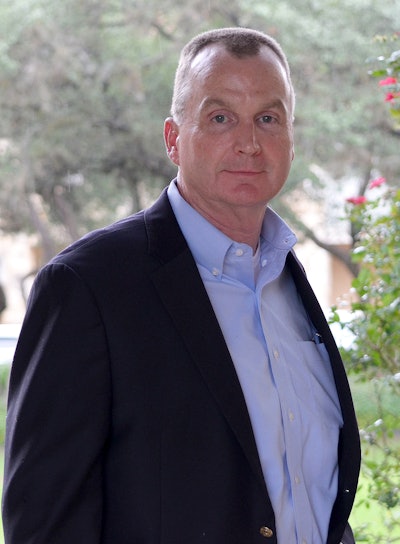Conversations about mental health are more prevalent in businesses today and it is a topic that requires the full attention of business leaders.
Fifty million Americans currently suffer from a mental illness, 15% of whom have suffered from a substance use disorder in the past year, and nearly 5% have reported serious suicidal thoughts (Mental Health America). Unfortunately, the construction industry has one of the highest suicide rates (CDC). These figures leave no doubt that workplace safety extends beyond physical safety measures to mental well-being.
There is still a stigma around the issue of mental health in the construction industry, but the landscape is changing thanks to the attention paid to it during the pandemic. Smart business leaders take care of their employees. The tips below can help actively support employee mental wellbeing.
(Related content: Why is the suicide rate in the industry so high?)
Be frank
The long, arduous hours employees put in on a job can take their toll. However, many people don’t want to talk about the stress this puts on their mental health, as they may feel it paints them as weak.
Changing long-held perceptions about mental health starts with open and honest daily conversations. Actively listening to employees and sharing their personal experiences creates an environment in which they can open up. Employees look to leadership and set the tone by openly discussing mental health topics, encouraging them to feel more comfortable sharing their own experiences. Leaders play a crucial role in removing barriers related to mental health issues, encouraging open conversations in the workplace, and adopting support systems.
At Skanska in Houston and North Texas, we offer Mental Health First Aid classes. Those who volunteer to become mental health first aiders undergo training on how to speak with colleagues who might need a listening ear and receive a green sticker to wear on their safety helmet. The sticker is the “green light” telling employees that they are trained to discuss mental health issues and life challenges. The training prepares first responders to direct their colleagues to any resources needed for further assistance. A simple program like this sends the message that we can all talk about our mental health at work.
(Related content: Entrepreneur shares his suicide attempt to help others)
Make changes
Open discussions in the workplace are essential to changing workplace culture. Another major statement is establishing policies that make mental health and well-being a priority. This may include rotating mental health days or flexibility in scheduling so workers can take the time needed for a doctor’s visit or therapy session.
Employee assistance programs (EAPs) are a benefit offered by many organizations that allow employees to anonymously seek mental health services or other resources to address the root of the problem, such as financial and legal counseling. Physical wellness programs, such as employer-sponsored health screenings, allow employees to take care of their own mental health and well-being in a private setting. All these changes reflect the company’s commitment to its employees.
(Related content: Ajax president speaks out to prevent suicide)
Stay diligent
Spotting mental health and wellbeing issues is no easy task. However, the consequences will be disastrous if these problems are not resolved. When a conversation occurs, leaders should be diligent in following up and taking appropriate action, whether that means providing resources or continuing to monitor the employee once they open up . Regular conversations with staff allow leaders to recognize when something is changing or wrong with an employee. Training for everyone in an organization, even if they are not mental health first aiders, can help everyone recognize the signs of personal mental health or wellbeing problems.
Personal stressors, coupled with numerous workplace stressors, put many workers under strain. Intentionally focusing on employee mental well-being results in a happier, healthier, more engaged workforce.
(Related content: Entrepreneur launches corporate mental health program)
 Skanska
Skanska
